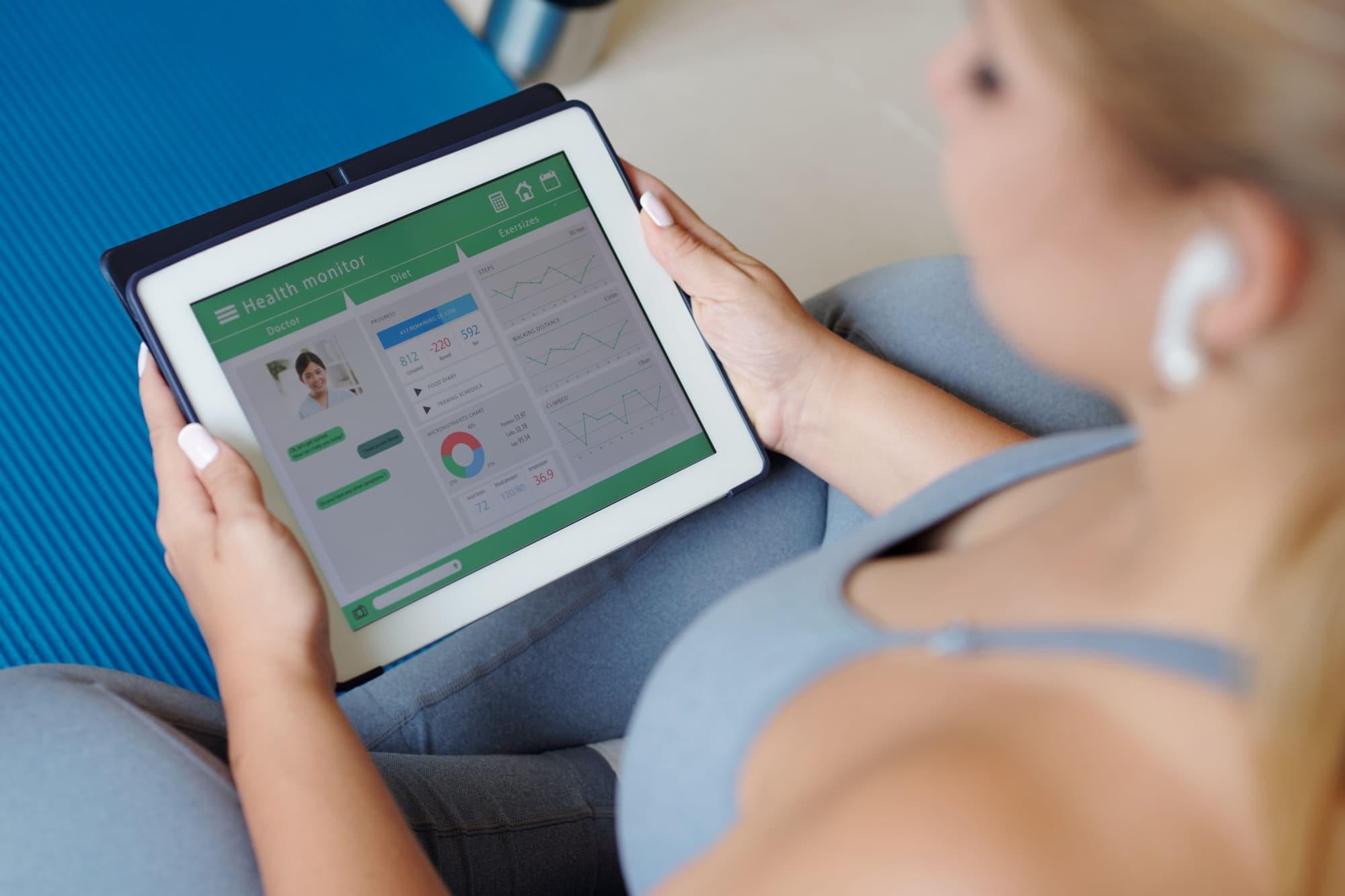Blood Group
The Blood Grouping Test identifies blood type, crucial for safe transfusions, organ transplants, and managing pregnancy-related complications.
The Blood Grouping Test determines an individual’s blood type, which is essential for safe blood transfusions, compatibility in organ transplantation, and in certain medical situations such as pregnancy complications.
Who would benefit from this test:
Individuals planning to donate blood or organs.
Patients in need of blood transfusions or organ transplants.
Pregnant women to assess potential risks.
Individuals with a family history of blood disorders.
People undergoing surgeries or medical procedures.
Why undertake this test:
To identify the blood type for safe blood transfusions.
To determine compatibility between donor and recipient in organ transplantation.
To evaluate potential risks during pregnancy, such as Rh incompatibility.
To diagnose certain blood disorders or genetic conditions.
To guide medical decisions and ensure patient safety.
Test Type: Haematology.
Results Estimated: 2 Working days.
A little more detail:
A blood grouping test determines an individual’s blood type based on specific markers, or antigens, on the surface of red blood cells. The test identifies two main blood group systems: the ABO system and the Rh system.
ABO Blood Group System: In this system, blood is classified into four types—A, B, AB, or O—based on the presence or absence of A and B antigens. For example, blood type A has A antigens, blood type B has B antigens, AB has both, and O has neither.
Rh Factor (Rhesus Factor): This factor further classifies each blood type as positive (+) or negative (-) based on the presence or absence of the Rh antigen (often called D antigen). So, a person might be A+, A-, B+, and so forth.
The test is essential for safe blood transfusions, organ transplants, and during pregnancy. Incompatible blood types between donor and recipient can lead to severe immune reactions. For instance, if a person with type A blood receives type B blood, their immune system may attack the transfused blood.
A blood grouping test is quick and involves mixing a blood sample with antibodies against A and B antigens to see how it reacts, thereby identifying the blood type. This simple test is a critical tool in emergency medicine, surgery, and prenatal care.
-
In house venous draw included. The in house sample collecon ensures that the sample is less likely to come back inconclusive.
-
Results delivered directly to you via email and available via the laboratory portal.
-
Our in house doctors are available to review the results with you via an online session at a supplementary cost.
How it works
Purchase Test
Find the test that you are looking for, add to your basket, check-out and pay.
Select Appointment
On paying for your test you will be prompted to select a date and time for your blood sample collection.
Turn Up
Arrive on the day of your test to have your blood sample collected.
Get results online
When your results are ready you will receive them via email or can access via the laboratory portal.
Get your personalise report online
Once you have had your sample collected by our in-house phlebotomist, the sample will be delivered to our laboratory partner who will then process the sample. Once the sample has been processed you will receive an email with an attachment of the report informing you your results are ready to also be viewed online via our dedicated portal. Should you wish to discuss the results with one of our doctors, you will be able to add a remote call to your booking at a supplementary cost. The sessions last up to 30 minutes and are an opportunity for you to ask any questions that you may have.
